Best Forex Broker New Zealand – Top 5 Forex Trading Platforms Reviewed 2021
Please note that we are not authorised to provide any investment advice. The content on this page is for information purposes only.
Please note that we are not authorised to provide any investment advice. The content on this page is for information purposes only.
Forex is a thrilling and fast-paced market where fortunes can be made and lost in the blink of an eye. Yearly forex activity reached $5+ trillion in 2020 which means there has been more forex activity in recent years than ever. If you are living in New Zealand and have an interest in forex trading, you will soon realize that there are so many forex brokers are available to you. So, we have created a well-researched tutorial about top forex brokers in Dubai and how to pick one wisely.
Forex markets are one of the most liquid financial markets that facilitate cross-border foreign currency trading. To participate in forex trading activities you will need a reliable forex broker that provides access to Forex markets through their forex brokerage services and platforms. A handpicked forex broker in New Zealand will allow you to start trading Forex confidently and it will also enable access to other interesting financial instruments such as commodities, indices, and CFDs using modern trading tools and software. Let’s look at how the forex markets work and delve into some of the top forex brokers available in New Zealand.
Table of Contents
Learn the top three best forex trading platforms reviewed for 2021 New Zealand that can be useful for beginners and advanced traders alike. They have common qualities such as low spreads, good customer support, low or inexistent fees, top-notch trading tools and regulatory approvals for leveraging your forex trading experience.
Here are some of the best Forex trading platforms in New Zealand that can help you get started with Forex Trading!
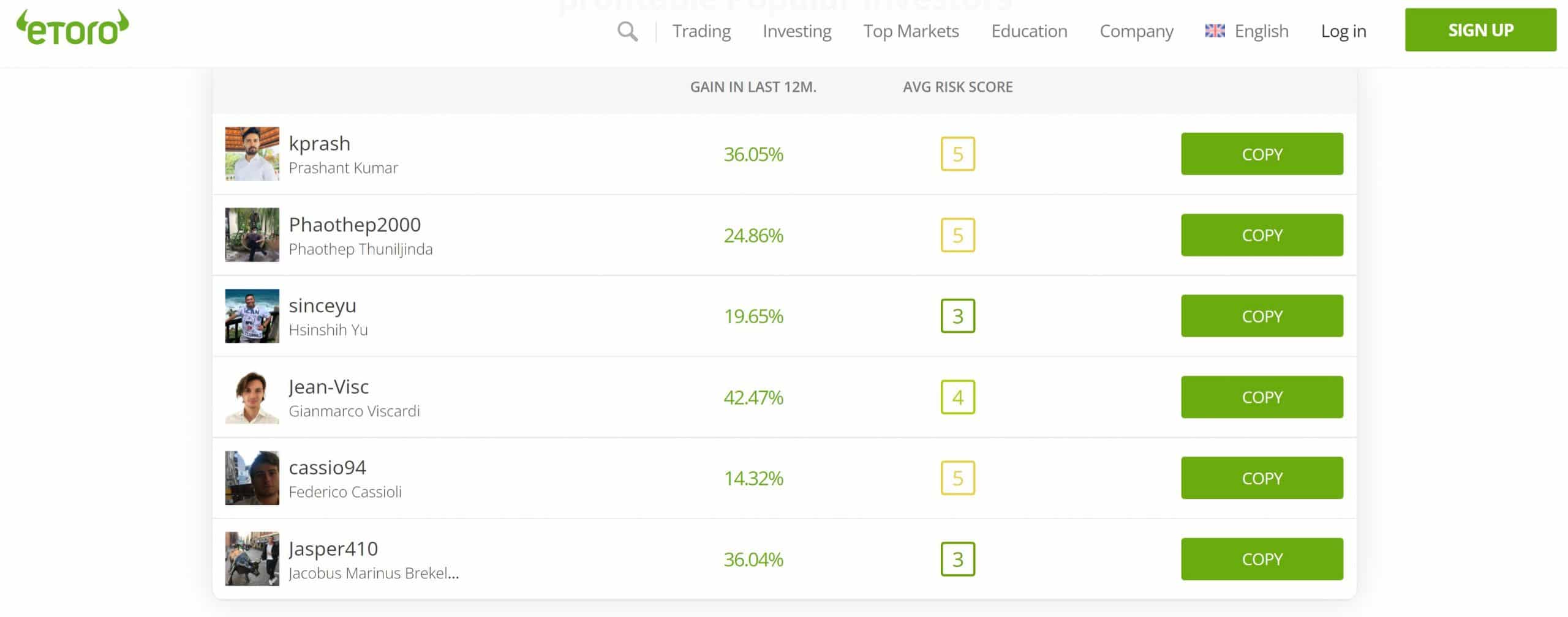
eToro has been the creators of the primary social trading machine and remains the leading social trading broker in New Zealand. eToro gives a free unlimited demo account on its proprietary platform, and for
eToro is arguably one of the best forex trading platforms for absolute beginners and is known for its copy trading feature inside the platform. Social trading is where investors get to observe, pick, and copy certain traders from their social network to leverage their trade and therefore increase gains by copying others’ ideas or strategies.
Additionally, eToro is a user-friendly platform where traders can enjoy both the mobile app and its website. It has a 92 trust rating and currently has 23.2 million registered users at the end of the second quarter of 2021.
The main difference between copy trader and CopyPortfolio is that the latter is a more enhanced and developed version of Copy Trading. This means that you get to pay eToro’s premium product to leverage your copy trading experience.
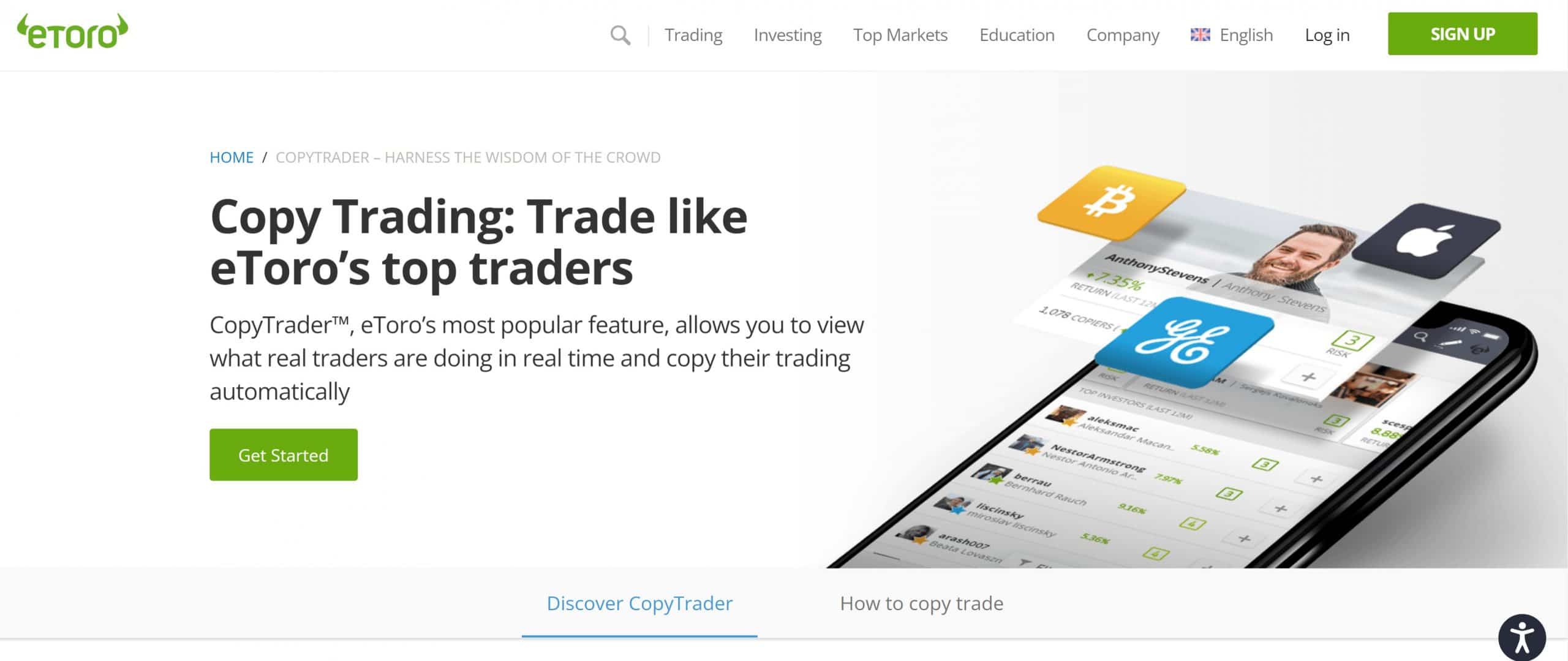
In Copy Trading, traders freely decide which traders they may want to copy trade. Whereas in a CopyPortfolio, traders have more opportunities to diversify their portfolio, minimize risk, and maximize returns by having the chance to pick the best players and even partner with stock analyst software.
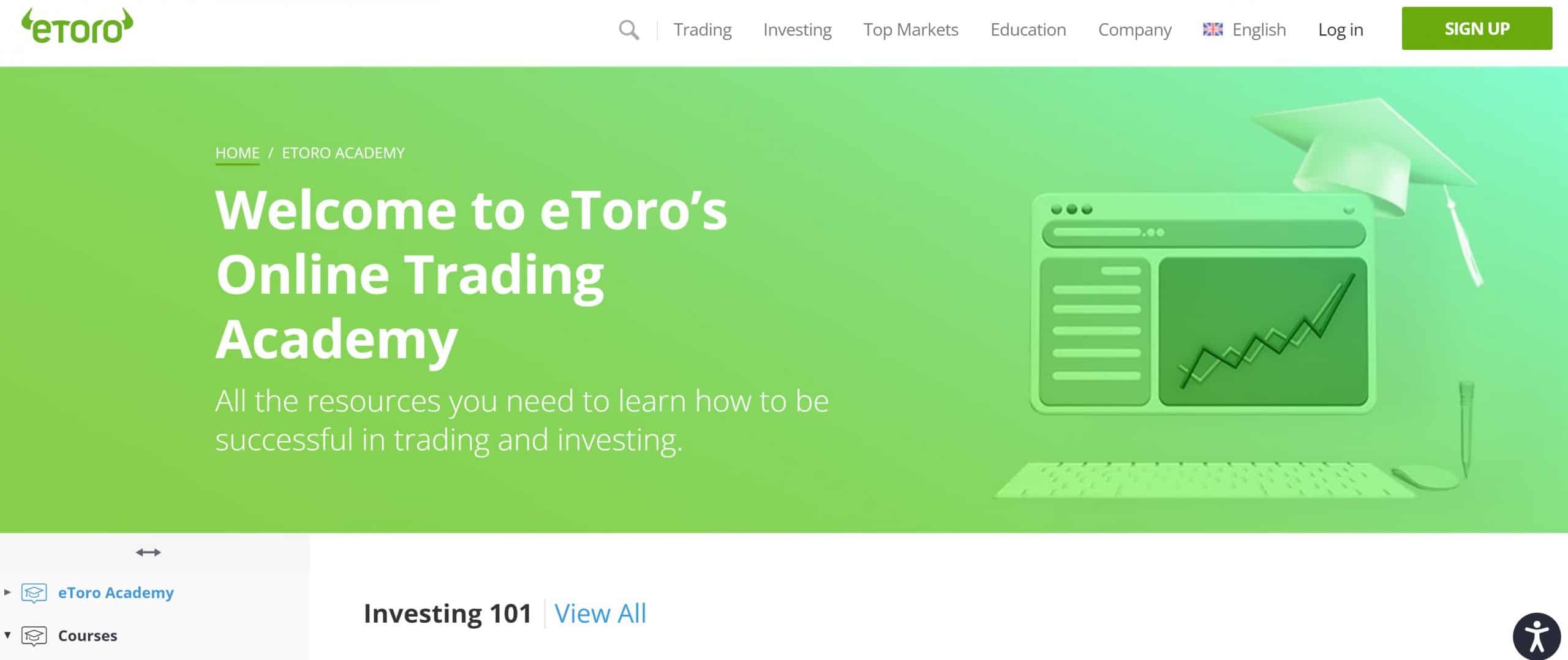
By combining e-Learning with trading practice through eToro’s trusted and easy to navigate the trading platform, you’re in a position to gain essential trading skills and knowledge, meet experts in the industry and have the chance to discuss concerns and ideas with professional mentors. This complete programme will take you from a novice right through to a skilled and knowledgeable trader, ready to make your first trades on the eToro trading platform!
eToro Academy offers educational videos and blogs about trading and investing, including “how-to articles” for when using their platform. Aside from the typical guides, eToro Academy also offers weekly webinars and podcasts. Moreover, when selecting a specific learning material, you may filter from beginner to advanced to suit your level of understanding and experience.
Opening an account on eToro is free! No management or ticketing fees are charged and investing in stocks is commission-free. Withdrawals incur a low fee of $5 and FX rates apply to non-USD deposits and withdrawals. Fees, payments, and commissions are as follows:
Opening an account: Free
Minimum deposit: $50-$200
Minimum trade: $50 – $1000 (less with leverage)
Withdrawal fee: Fixed $5.00, with a minimum amount required of $30.00.
Management fee: $0.
Conversion of currency: Starts at 50 pips. The US Dollar is used in all trading activity on the platform, and you need to convert your currency when using a different currency.
Yes. eToro operates in accordance with FCA, CySEC and ASIC regulations, meaning that there are measures in place to protect investors. Clients’ funds are kept secure in top-tier banks and all of the personal information is protected under SSL encryption.
Pros
gives traders and investors access to more than 2,000 different financial assets
investors using the CopyTrader™ function.
Cons
67% of retail investor accounts lose money when trading CFDs with this provider.
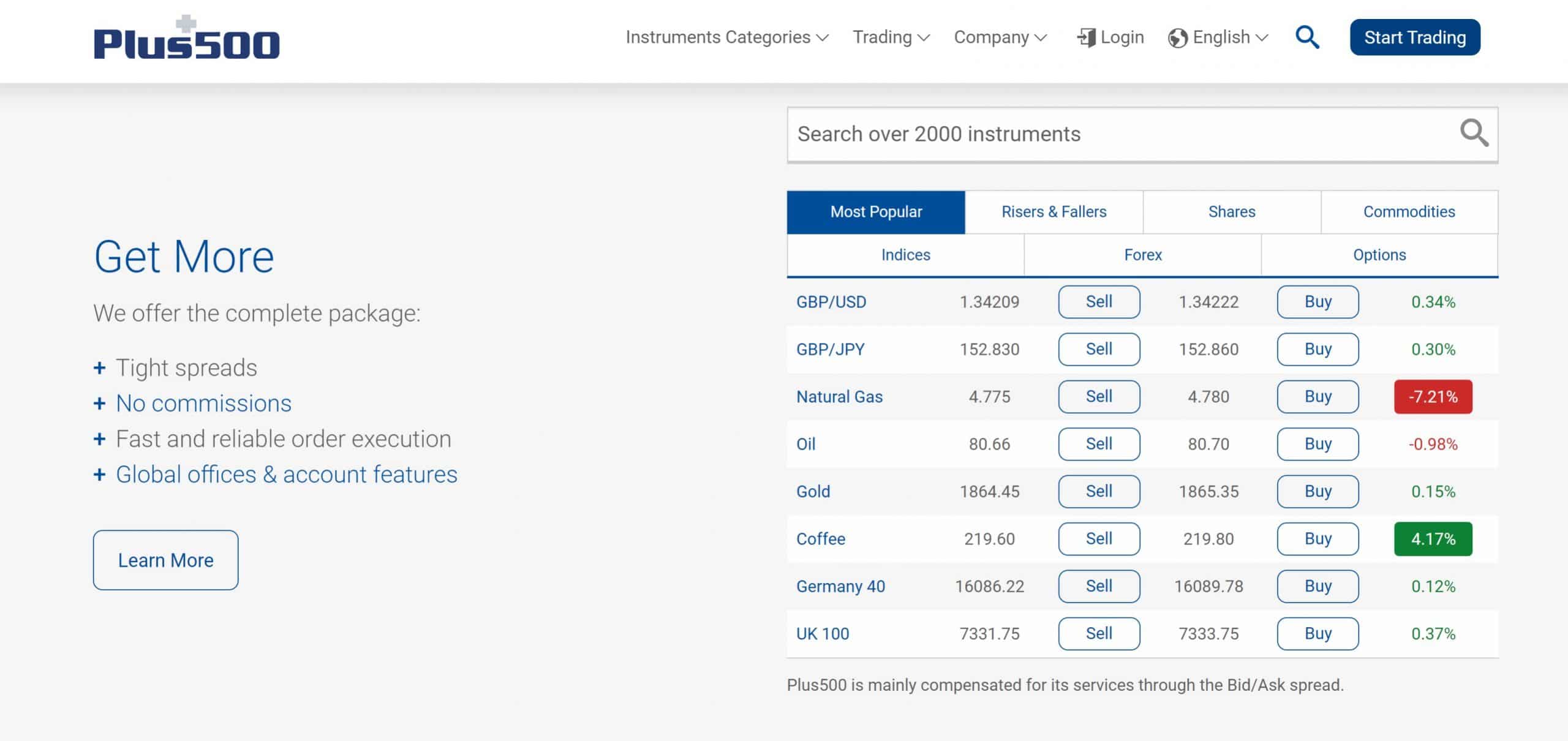
Plus500 reigns with its beginner-friendly ease of use and simplicity, making it an excellent choice for less experienced forex traders. Adding to its low cost for opening an account, there’s no wonder why beginners loved it.
But despite its simple user interface, it doesn’t mean that traders can make more money from using it apart from other platforms. Trading always carries risks.
Forex trading on Plus500 is different from other platforms because you only get to trade through CFD products. That means you are not earning assets, and the trading platform is not either. How you earn from using the Plus500 platform is based on the price you trade against the platform. That said, traders make money when the broker loses money.
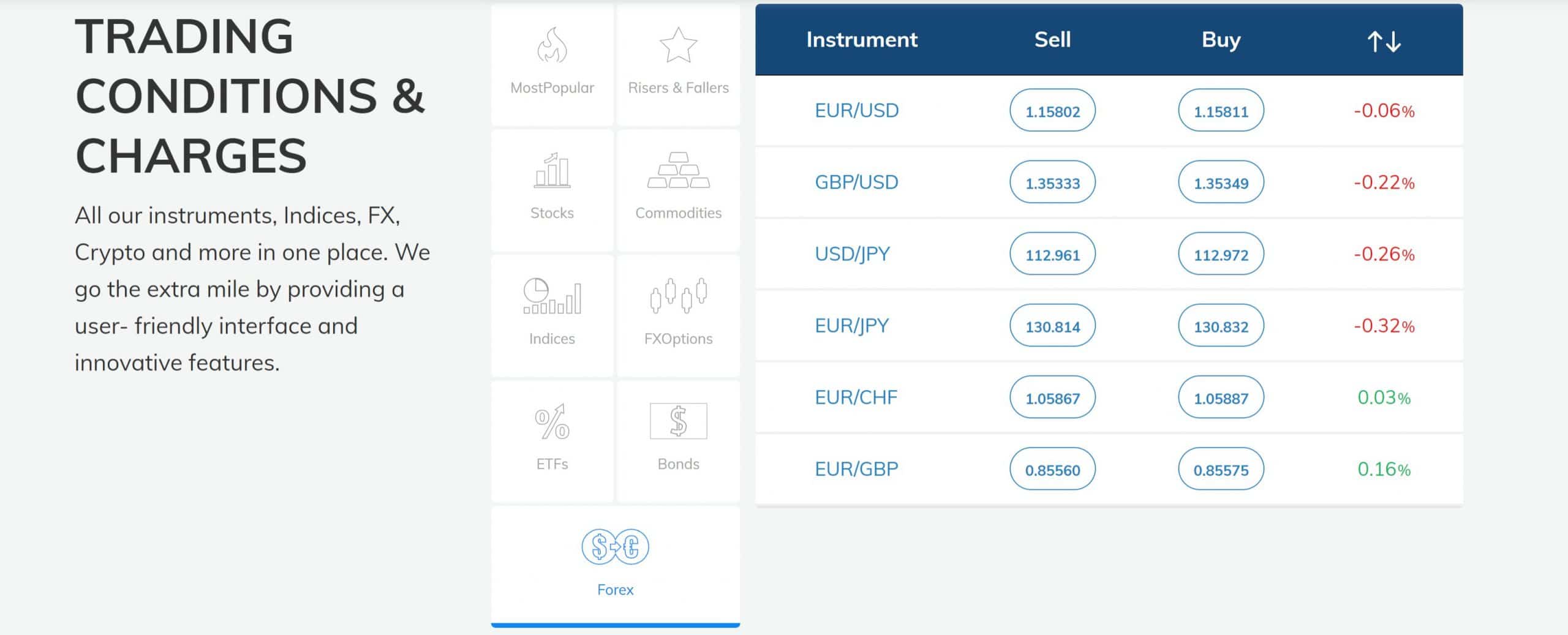
Plus500 is a UK based broker with offices located in the City of London. Plus500 is one of the leading providers of Contracts for Difference (CFDs), delivering trading facilities on shares, forex, commodities, ETFs, options, and indices, partnered with a range of trading technology.
Fees, payments, and commissions are the following:
Deposit fee: There is no charge for deposits; however, the minimum amount for a deposit to start is $100.
Transaction and commission fees: None. This means that Plus500 will not charge traders by exercising their buy and sell options. Instead, the platform makes money through the market bid/ask spread.
Spreads: The platform has a dynamic spread of 0.00008, which is 0.8 pips.
Currency conversion: It charges up to 0.7%.
Overnight funding: When a position is left open, it is either added to or withdrawn from your account.
Withdrawal fee: $0.00
Plus500 has a trust rating of 98. It is also publicly traded and is regulated by three tier-1 (high trust), four tier-2 (medium trust), and zero tier-3 (low trust). Additionally, Plus500 is available in more than 50 countries and currently has 269,743 active users during the first quarter of 2021 and is continuously growing.
It would be fair to say that Plus500 is well-trusted and secured,
Pros
Cons
67% of retail investor accounts lose money when trading CFDs with this provider.
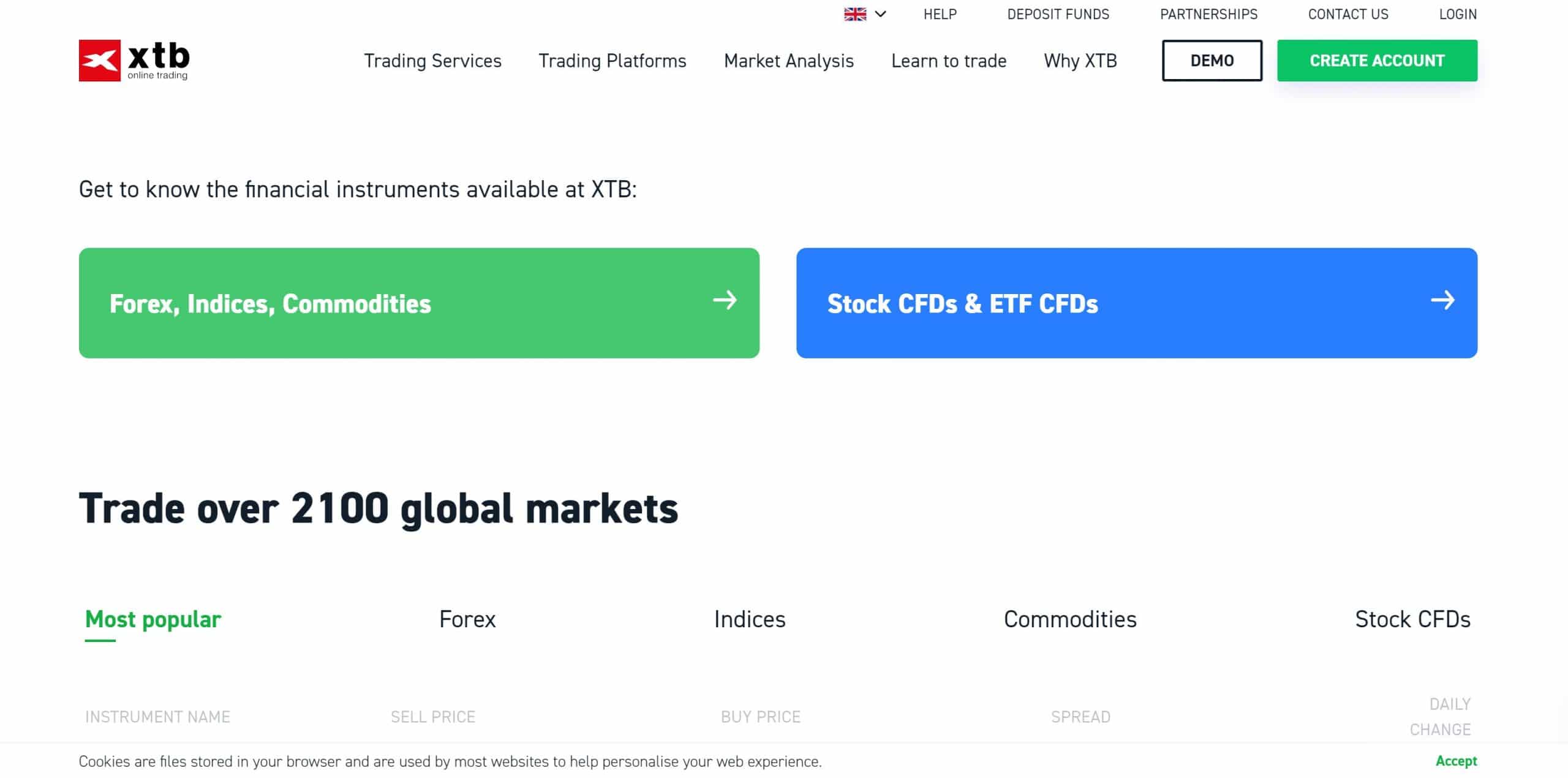
XTB is another best trading platform to look at as it boasts a high trust rating score and a long track record of being publicly traded on a stock exchange bearing the XTB symbol.
It offers retail investors Forex trading, CFDs trading, and Cryptocurrency trading.
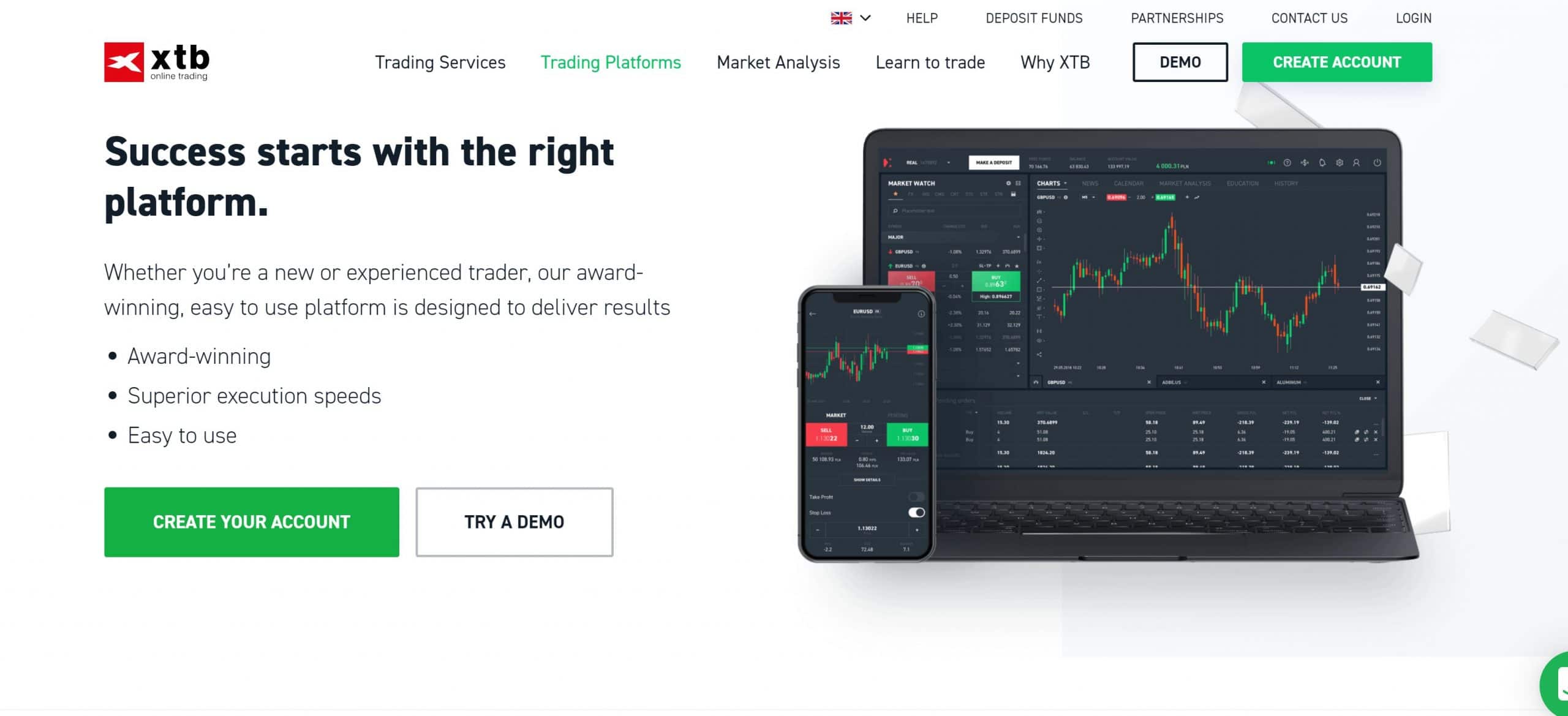
Just like any trading brokerage account, XTB requires you to create an account and open a trade. Before doing so, it is also significant to assess your own trading goals and resources.
On the other hand, XTB has a demo account where you can tour and practice for yourself. It is easy to use and provides user-friendly but advanced trading tools and features and research.
Fees, payments, and commissions are the following:
Minimum required deposit: No required.
Deposit fee: Free
Withdrawal fee: Free
Commission fee: XTB charges commission on CFD instruments.
Spread cost: For the standard account, 0.35 pips and Pro account fees are 0.28 pips per lot, with Pro account fees being levied as a commission of $3.50 per lot.
Conversion fee: 0.5%
XTB has a trust rating score of 95 from its more than 350,000 customers worldwide. It is regulated by one tier-1 (high trust), two tier-2 (medium trust), and one tier-3 (low trust). Moreover, it operates globally with 11 offices in countries like the UK, Poland, Turkey, Spain, Germany, etc.
That said, XTB is a decent platform and should be safe to use.
Pros
Cons
67% of retail investor accounts lose money when trading CFDs with this provider.
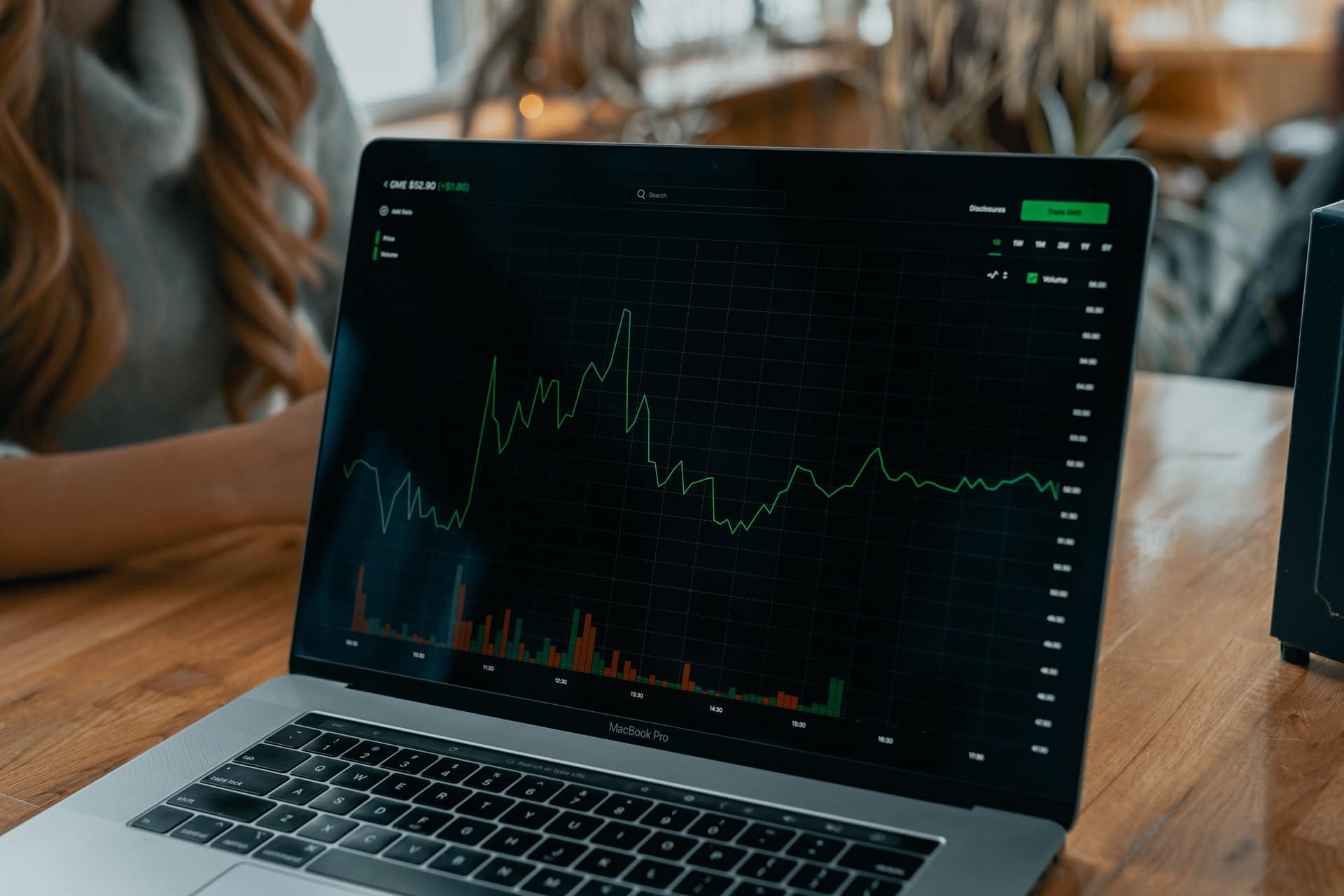
Foreign exchange, or known as Forex (FX) trading, is the conversion of one currency to another. The speculation that a currency will be worth more than your traded currency is what drives many traders to trade in Forex. Traders then profit or lose from the exchange depending on the movement of the currency.
What makes Forex different from other traded assets is that it is done on an over-the-counter transaction rather than on an exchange like stocks. Forex is open 24 hours a day from Monday to Friday, and it is governed by a global network of banks. It has four major forex trading centres across different time zones: London, New York, Sydney, and Tokyo.
At present, Forex trading is the largest financial market in the world, where it has grown from $1.2 trillion in 1995 to almost $6 trillion in 2020. Similarly, forex traders in New Zealand are also growing, with the NZD (New Zealand Dollar) being the top 10th most traded currency in the world.
Large interbank transactions set the momentum of the price of currencies by bidding for a particular currency. Hence, it is based on supply and demand. Because of the large amounts being traded daily by these banks, it’s difficult for retail traders to influence the market.
As a result, traders have to trade with their brokers, who sometimes re-quote prices and even trade against their own customers. It’s also important to remember that these brokers/dealers have different regulations depending on where you are located. Basically, when it comes to trading, you are betting on a pair of currencies to increase more than what you paid for (or decrease if you enter a short position).

For example, if your pair is NZD/USD, your base currency is NZD, and USD is the quote currency. The exchange rate is the amount of the quote currency required to purchase 1 unit of the base currency. That said, the base currency is always expressed as 1 unit. However, the quoted currency fluctuates depending on the current market and the amount required to purchase one unit of the base currency.
If the NZD/USD exchange rate is 1.50, NZD $1 will purchase USD $1.50 and the other way around.
Benefits
Risks
The number of assets you can trade varies, depending on which type of brokerage platform you’re using. They may be stocks, ETFs, cryptocurrencies, Forex, and CFDs.
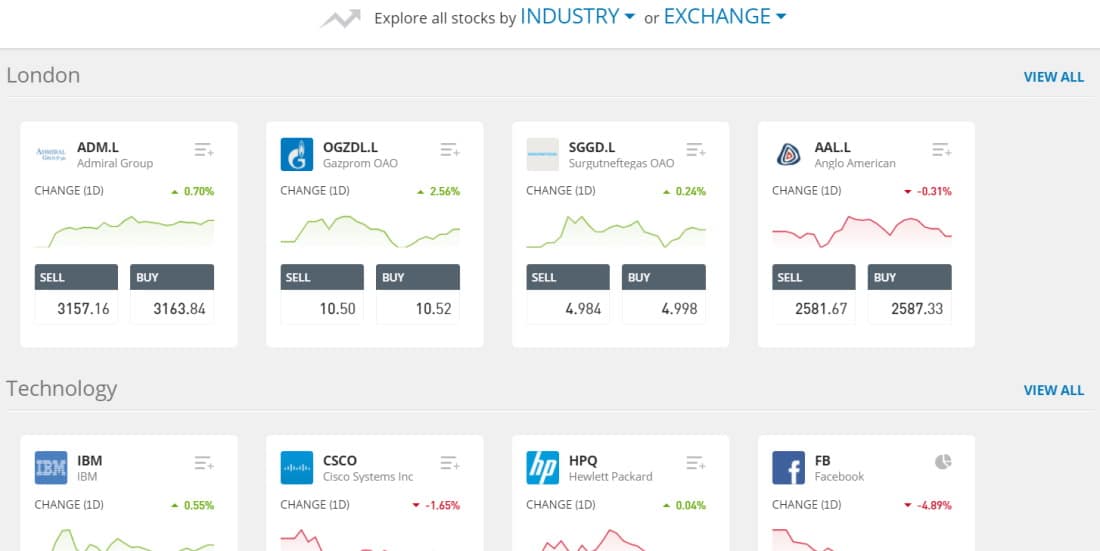
Stocks and ETFs are among the most popular financial instruments being traded because of their many advantages. Among those benefits are dividend income, rich market forecast and prediction abilities, diversification, liquidity and the opportunity to see the company’s long track record.
Stocks represent ownership of a company. When the market price increases, you make a profit. ETFs work similarly but they consist of various asset compositions. ETF is a basket of stocks (or other assets) that trade automatically based on the weights of the individual assets in it. For beginners, ETFs are highly recommended because they provide diversification. They can also be a great way to invest in indices.
With the stock exchange in a constant state of flux, it can be tough to know which ETFs are the best ones to invest in. But don’t worry – we’ve got you covered! In our latest list, we take a look at some of the most popular and best ETFs on the market right now. So whether you’re just starting out or you’re looking for something more advanced, this list has something for everyone!
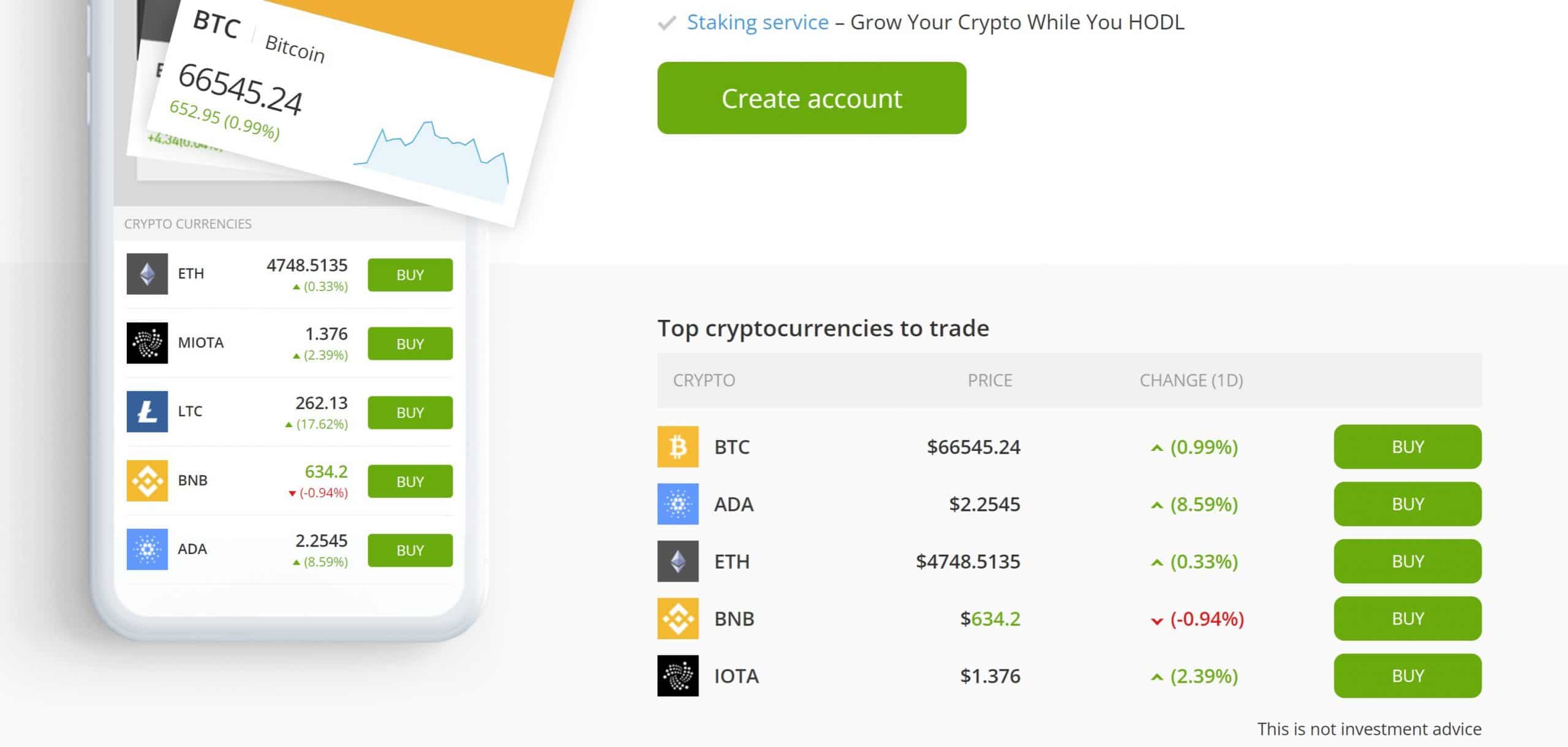
Cryptocurrencies are digital or virtual coins that work based on blockchain technology. Among the most popular and expensive ones is Bitcoin, which has already reached a $1.205T market cap. Aside from that, it’s quite popular with new traders looking to boost their income through trading. But Bitcoin is not the only cryptocurrency today. There are many tokens and coins based on smart contracts and there are tokens in specific crypto industries such as DeFi tokens, DAO tokens, meme tokens, utility tokens, GameFi tokens, dApp tokens, other blockchain coins etc.
Forex, on the other hand, is trading in foreign exchange currencies. It’s the most widely traded financial instrument with an average daily volume of $6.6 trillion. Moreover, Forex is different from the other assets because it deals with the buying or selling of currencies issued by central banks of countries. EUR/USD – Euro-Dollar, USD/JPY – Dollar-Yen, GBP/USD – Pound-Dollar and USD/CHF – Dollar-Swiss Franc are some of the most popular fx pairs.
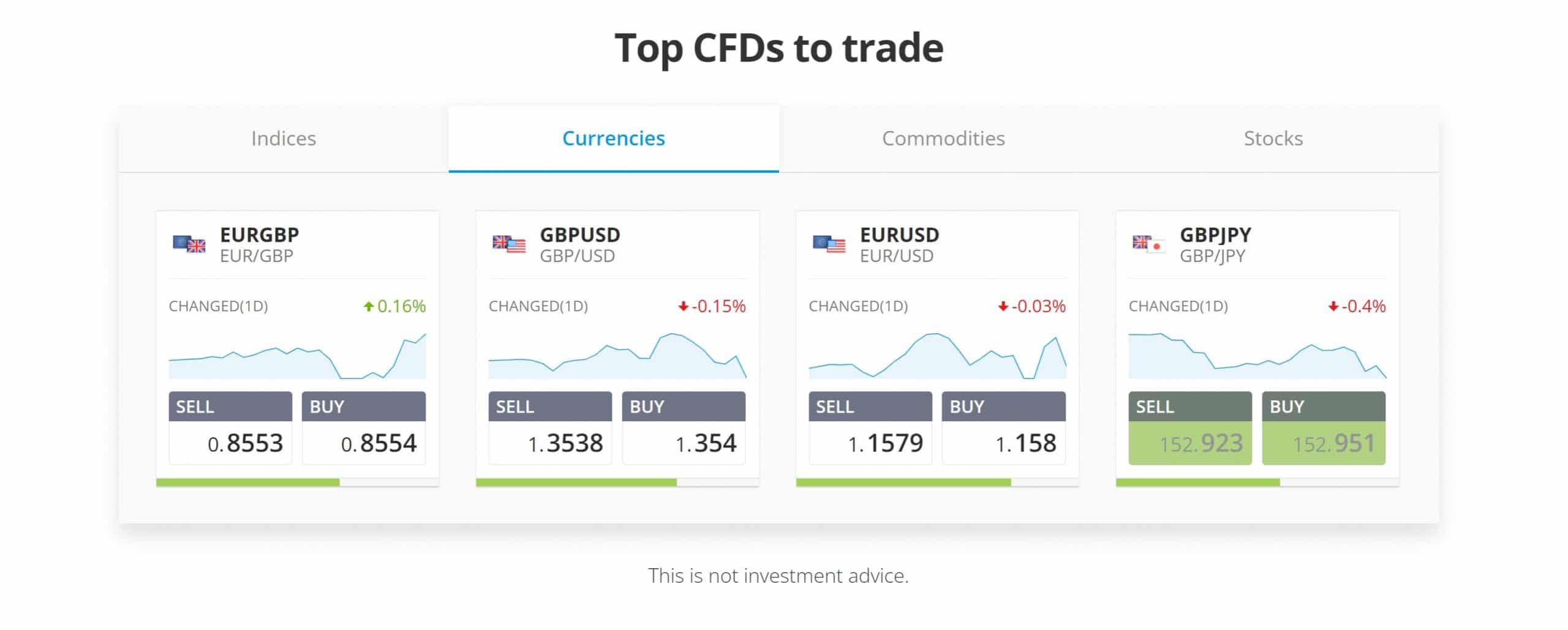
A contract for difference (CFD) allows traders and investors to profit from the price difference without having to own the underlying asset. Basically, it’s a contract between two parties betting against each other on whether the price will fall or rise. If the trader sees it rising, they will most likely be inclined to open a position too long. Otherwise, traders can also short assets and benefit from falling prices. The gain from the transaction will be settled through the investor’s brokerage account.
When looking for a CFD broker, it’s important to find one that meets your specific needs. That’s why we’ve put together a list of the best CFD brokers out there.
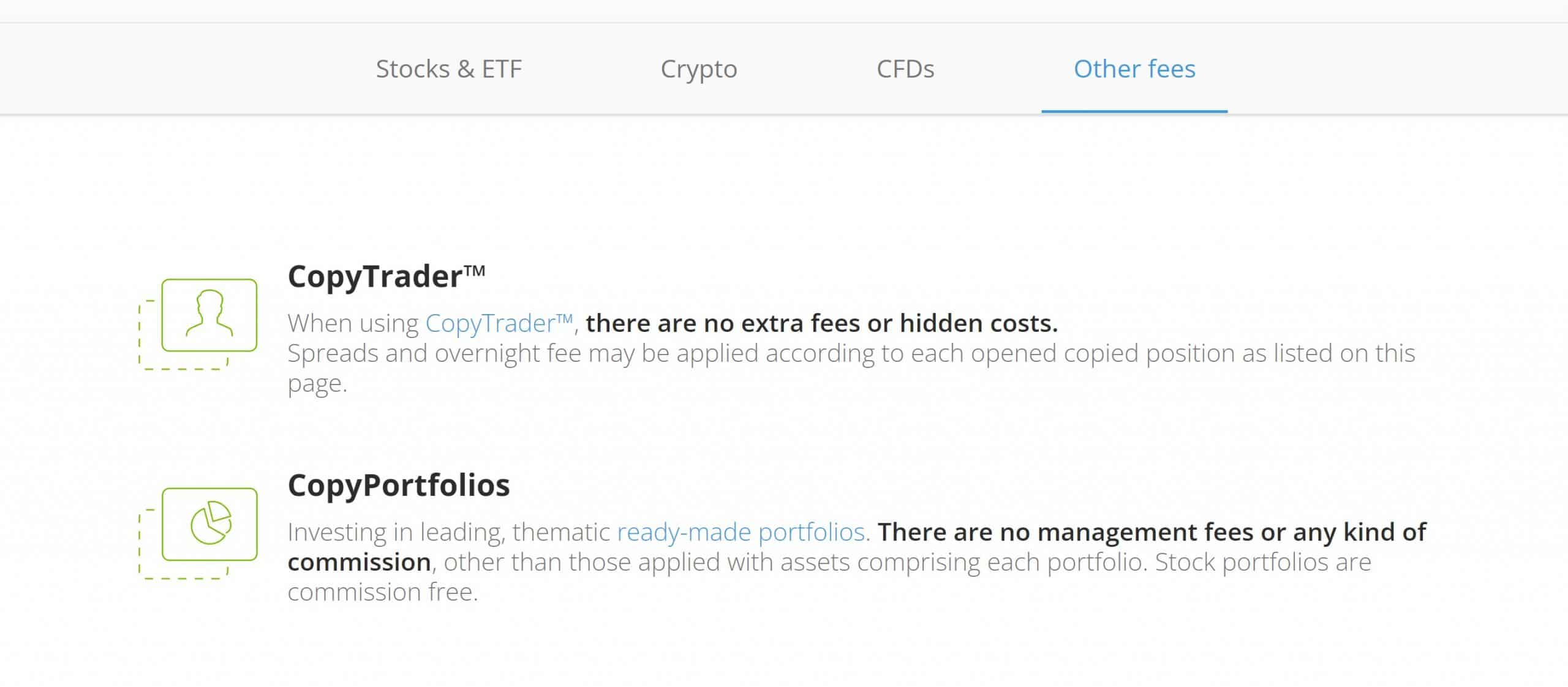
The fees and commissions vary for each trading platform. But normally, fees related to forex trading are significantly lower than those related to other assets being traded.
The difference between the prices at which a dealer will purchase and sell a currency is known as the bid-ask spread. However, in the retail market, the spread, or the difference between the bid and ask price for a currency, can be substantial and can change dramatically from one broker to the next.
The spread is the gap between bid-ask prices. The price trader buys at is the asking price and sells at is the bid price, while the market maker buys at the bidding price and sells at the asking price.
Commissions also vary across different forex trading platforms. But typically, brokerage platforms only charge little to minimal charges. For example, eToro, which is known to be one of the best trading platforms in New Zealand, doesn’t charge commissions. But that doesn’t mean they aren’t getting it from other fees, like spreads or inactivity fees which are also on the low side.
Non-trading fees
Non-trading fees are the payments you make that are not related to the buying and selling of assets. In this context, they can be deposit and withdrawal fees, inactivity and account fees, etc.
Non-trading fees also vary from one platform to another. For example, FXTM, another trading platform in New Zealand, charges higher non-trading fees. After six months of inactivity, you’ll be charged $5 per month or a similar amount plus there’s a cost for most withdrawal methods. The withdrawal charge, method, and currency you withdraw in are all determined by your country of residence and choice of brokerage solution.
Choosing a good and reliable forex trading platform can help you maximize your trading experience. When assessing many options, it’s important to choose the one that aligns with your trading goals and expectations.
The number of products and market diversity matters when choosing a brokerage platform. Consider the diversity of cryptocurrencies, stocks, ETFs, Forex, and CFDs being offered before opening a brokerage account.
For forex currency pairs, make sure it has EUR/USD, USDJ/PY, GBPUSD, NZD/USD, EUR/NZD, AUD/NZD, and other currency options as they are relevant globally and also for New Zealand specific trading strategies.
Product and market diversity should be at the top of your checklist if you’re a trader looking to diversify your portfolio within the platform.
Choosing a forex brokerage platform with competitive fees means it suits your budget and isn’t too expensive to trade. Consider looking at the commission and spreads, deposit and withdrawal, and other relevant fees for a start.
Leverage is one of the top considerations traders look at when opening a brokerage account. Leverage allows you to increase the possible returns on your investment by more than what you have deposited. Different brokerage platforms in New Zealand offer a variety of leveraging options. Leverage can also magnify small losses and cause a whole portfolio to be wiped out so it must be handled with lots of caution and experience.
Research features and real-time updates serve as a resource for traders when making important trading decisions. Traders can read updates about the market, recent forex exchange rates, or even insights, forecasts and predictions. Among the best brokerage platforms in New Zealand that offer advanced features and excellent research are XTB and eToro.
Demo trading offers an advantage to traders by allowing them to practice within the platform and assess their trading experience. With demo trading, you create an account and trade with virtual money to see how the system works and whether it’s user-friendly.
Trading platforms like eToro, XTB, and Plus500 are among the best trading platforms in New Zealand that offer demo accounts.
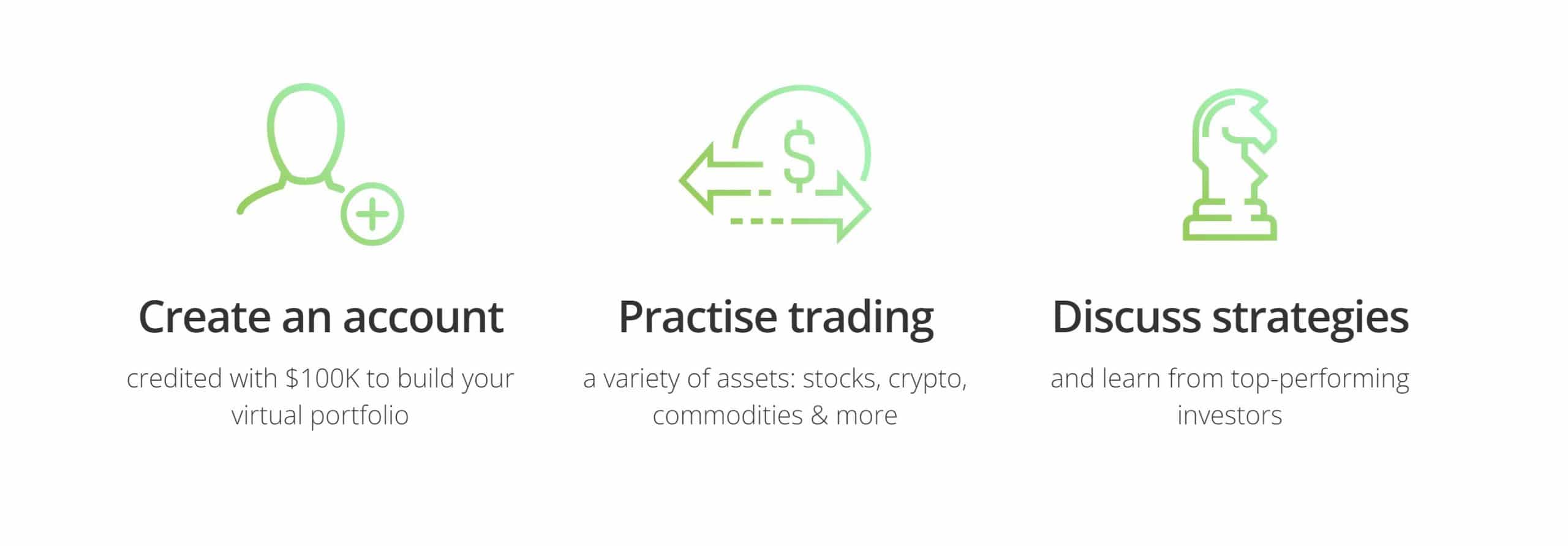
When you open a demo account with eToro, you’ll have unfettered access to the copy trading platform, along with a pre-set balance of $100,000 in virtual funds to experiment with. You can then add funds to your virtual or real account by opening a ticket through the customer support feature.
Perhaps the most critical things to consider when opening a brokerage account are security and regulations. In New Zealand, brokerage platforms are regulated by the Financial Markets Authority (FMA). Although in some cases it might not be illegal to trade with unregulated brokers, it would be difficult to deal with when you lose your money through those platforms. It also makes them a lot less trustworthy when an fx broker isn’t regulated properly. When opening a brokerage account, make sure that it is authorized and regulated to ensure security.
When having an issue on a forex platform, traders need to have issues resolved quickly so the market action can continue flawlessly. Excellent customer support should be at the top of your list when considering opening a brokerage account.
Trading forex (currencies) in New Zealand (NZ) is popular among residents. Before any fx broker in New Zealand can accept forex or CFD traders as clients, they must become authorized by the Financial Markets Authority (FMA), which is the financial regulatory body in New Zealand. Every Broker has its own features and specifications but
Just like any investment, Forex trading doesn’t always guarantee desired returns. But choosing a broker that suits your trading goals will make trading a better experience. Make sure that you examine every page of the brokerage firm before opening. You can start by checking out some of the firms we mentioned in this article. Do your own research and trade at your own risk. Good luck!